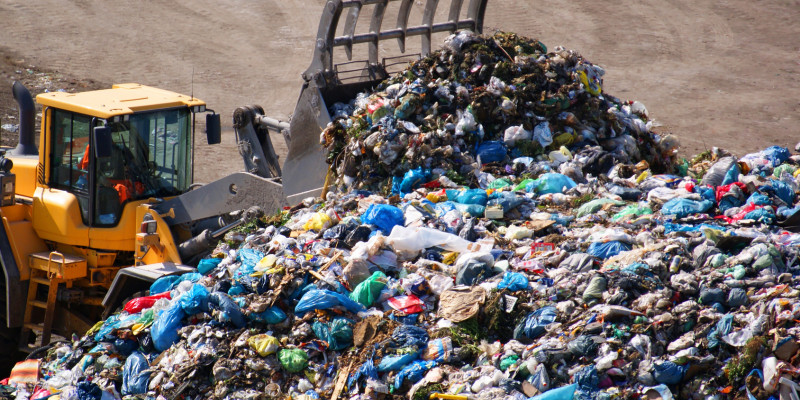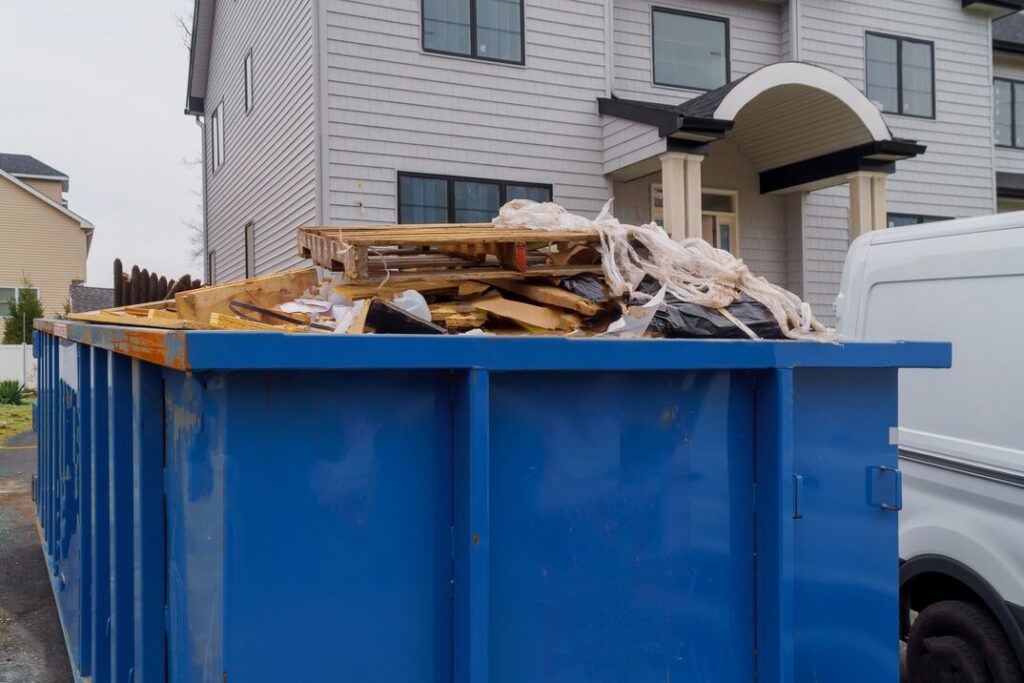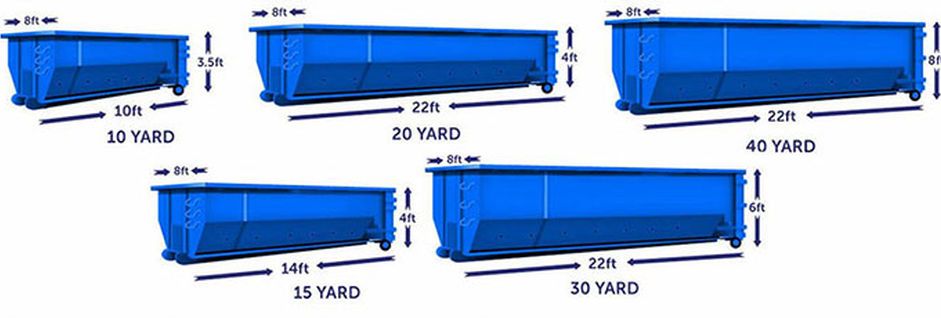Landfills in Alabama play a critical role in managing the state’s waste and protecting its environment. In recent years, the use of modern technology and best practices has helped these landfills to become more efficient and effective, while also reducing their impact on the surrounding communities and the environment.
A landfill is a designated area for the disposal of solid waste, including household garbage, industrial waste, and construction and demolition debris. In Alabama, there are over 100 active landfills, both publicly and privately owned, that serve the state’s 67 counties. These landfills range in size from small, rural facilities to large, regional landfills that serve multiple counties.
The management of waste in landfills is regulated by the Alabama Department of Environmental Management (ADEM). ADEM sets standards for the design, construction, operation, and closure of landfills in the state. These standards help to ensure that landfills are safe and properly managed and that they do not pose a threat to the environment or public health.
One of the key challenges in managing landfills in Alabama is the large amount of waste generated by the state’s residents and businesses. Alabama is one of the fastest-growing states in the country, and its population has increased by over 20% in the past 20 years. This growth has resulted in an increase in waste generation, with the state producing over 7 million tons of solid waste per year.
To manage this waste, landfills in Alabama employ several different technologies and best practices to ensure that waste is properly contained and does not pose a threat to the environment. One of the most important of these is the use of a liner system, which is a layer of material that is placed between the waste and the surrounding soil to prevent the escape of pollutants. The liner system is typically made up of several layers of plastic, clay, or other materials, and is designed to keep waste and any liquids that may be produced by the waste from contaminating the surrounding soil and groundwater.
Another key technology used by landfills in Alabama is the gas collection system. As waste decomposes, it produces methane gas, which can be harmful to the environment if it is released into the atmosphere. To prevent this, landfills use a gas collection system to capture the methane and burn it off, reducing its impact on the environment.
In addition to these technologies, many landfills in Alabama also employ best practices in waste management to ensure that waste is properly managed and disposed of. For example, many landfills in the state use a daily cover system, which involves covering the waste with soil each day to reduce odors, prevent the spread of disease, and discourage scavenging by wildlife.
Another important best practice used by landfills in Alabama is the implementation of a leachate management system. Leachate is the liquid that is produced by the decomposition of waste and can contain pollutants that can be harmful to the environment. Landfills use a leachate management system to collect the leachate and treat it before it is released into the environment, reducing its impact on the environment and protecting public health.
Despite the many technologies and best practices used by landfills in Alabama, there is still some controversy surrounding the use of these facilities. One of the primary concerns is the potential for landfills to release pollutants into the environment, such as methane, leachate, and other chemicals. These pollutants can pose a threat to the environment and public health and can lead to water and air pollution, soil contamination, and other environmental problems.

Specific landfills
Cedar Hill Landfill
The Cedar Hill Landfill may be found in Ragland, Alabama, at 1319 North Business Creek Road. Your demands for waste collection can be met by Advanced Disposal, a full-service provider of environmental services. More than 221,000 commercial customers and 2.8 million residential customers in the states of Alabama, Florida, Georgia, Illinois, Indiana, Kentucky, Louisiana, Maryland, Massachusetts, Michigan, Minnesota, Missouri, North Carolina, Pennsylvania, South Carolina, Tennessee, Wisconsin, and the Bahamas rely on our collection, transfer, disposal, and recycling services. Every day, we operate more than 3,100 trucks on routes.
Morris Farms Landfill
The location for Morris Farms Landfill is 4 County Road 418 in Hillsboro, Alabama 35643. Revenue-wise, Republic Services, Inc. is the second largest provider of solid waste collection, transfer, disposal, recycling, and energy services in the United States. Acceptable Wastes at Morris Farms Landfill: Non-Friable Asbestos, Construction and Demolition, Waste Carpet Material, Contaminated Soil, Industrial Dry, Solid Waste, Sludge, Tires (Auto), and Yard Waste.





